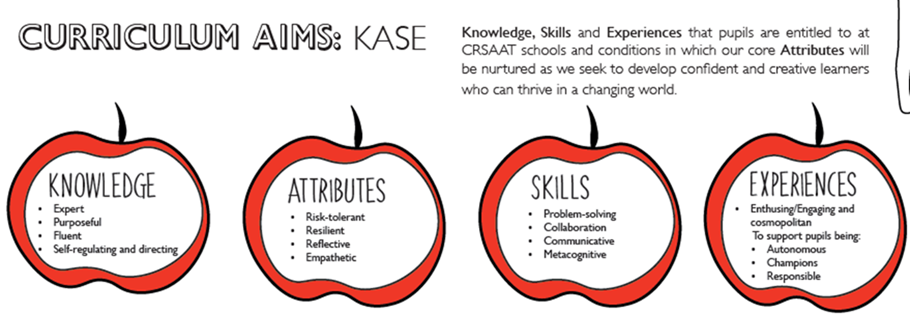English
Confident Communicators
At Waseley Hills, our English curriculum intent is to empower all students with the knowledge and skills they need to become creative, coherent communicators; spoken and written. Our intent is that all students read critically and can form strong, conceptual opinions. We support our students from year 7 to become critical readers and writers, able to articulate ideas fluently, with passion and confidence. Oracy within the curriculum enables students to articulate these opinions fluently and sophisticatedly to ensure their voices are heard and taken seriously.
Skills and Knowledge
Our intent is that our students develop the skills set out in the National Curriculum. The curriculum is designed to build progressively from Key Stage 3 through to Key Stages 4 and 5 with a focus on key conceptual threads. Genres are revisited through different texts to ensure long term memory of literary conventions. It important that our students are engaged and enthused in their lessons, something we intend to achieve through a broad, creative, and relevant English curriculum.
Reading for Pleasure
By promoting the value of reading and exposing our students to a broad range of literary and non-fiction texts, they develop empathy, a broad vocabulary, and how their reader response to texts can impact their understanding. We want students to study our rich literary heritage, exploring texts from diverse cultures, contexts, and voices. We also believe in inspiring a lasting love of reading for pleasure and knowledge, and instilling an appreciation of the way that humanity, society, and history are depicted through Literature.
Vocabulary and Grammar
The teaching of vocabulary is explicit, ensuring our students use ambitious words accurately and purposefully. Moreover, technical accuracy is taught at all levels to ensure challenge and development. We also ensure students can confidently contextualise vocabulary and understand that reading will improve both vocabulary and accuracy.
Challenge and inclusivity
By having high aspirations and expectations for all our students, we aim to inspire them to love English and appreciate its value. Our KS3 and KS4 curriculum contains not only the NC but elements that add depth and breadth, helping students to enjoy learning because they are challenged. We value inclusion and ensure all our students (SEND and PP) are taught the fundamentals of the curriculum across all the key stages. Our intent is to provide cultural experiences primarily through exposure to great literature, but also through theatre visits, enrichment opportunities such as poetry and debate competitions.

Knowledge drives subject planning, and the aim is to develop expertise by ensuring that pupils master, over time, the key substantive and conceptual knowledge within English.
-
Substantive knowledge – the substance of each unit of learning and its associated vocabulary, connected through the subject to other units by substantive concepts – the “big ideas” of each subject.
-
Disciplinary knowledge – the way in which the thinking in each subject develops as pupils build more substantive knowledge, what are commonly thought of as the ‘subject specific skills’ of each subject domain.
-
The design of the curriculum is characterised by the relationship between substantive and disciplinary knowledge, interwoven and built over time. Knowing more, remembering more, being able to do and demonstrate more is at the core of our sequencing. This includes knowing generic conventions, key concepts such as contextual influence and writers’ intent and knowing key terminology to be able to dissect and write texts skilfully.
Attributes: Empathy, tolerance, and acceptance, conviction, and passion
Skills: Inference of explicit and implicit, analysis, critical evaluation, conceptualise ideas
Creative, analytical, and persuasive communication through written and spoken.
Experiences: Debates, theatre visits, visiting authors, Poetry Slam,

